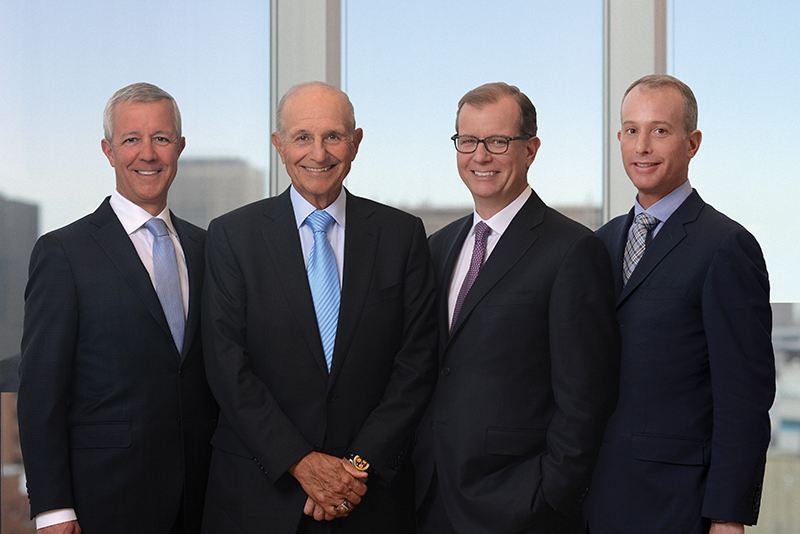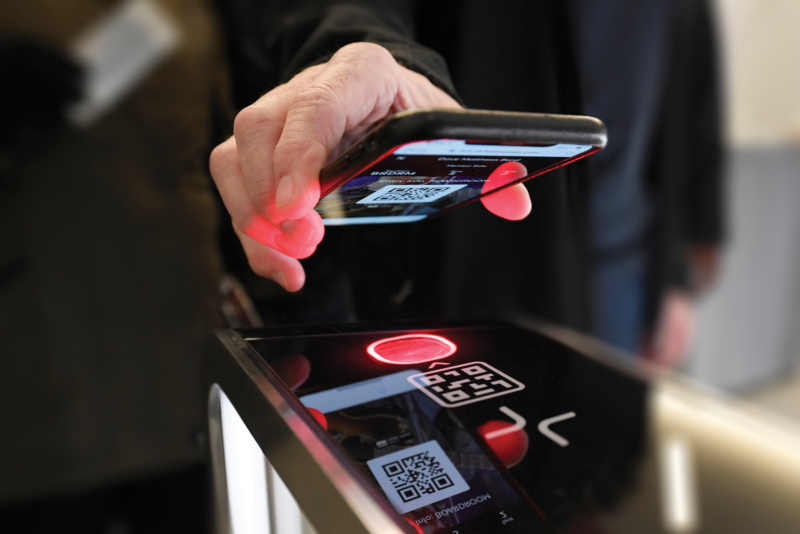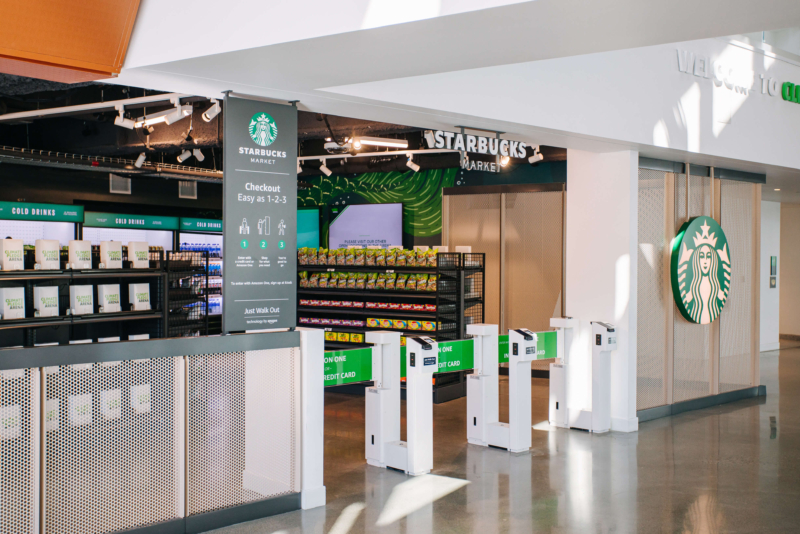

Family Owned and Operated
Delaware North’s family ownership means we can take the “long view” when it comes to business decisions – and important decisions can be expedited when needed. We prioritize long-term returns over immediate bottom lines and shared priorities over shareholder demands.
Unrivaled Partnership
Our track record of delivering outstanding service and superior operations is one reason why we have long-lasting partnerships with organizations such as Major League Baseball, the National Hockey League, National Football League, National Basketball Association, Major League Soccer, NASA and The National Park Service. We are proud to have served more than 20 of our current clients for about a quarter century or more – including five ranging from 50 to 90-plus years.




Transformative Insights
We go further to understand customer preferences and data from the business – and then apply what we’ve learned to enhance the guest experience. This includes sharing insights across the organization and with external partners to support decision making at every level.
Future Of
Delaware North’s vision is to delight guests by creating the world’s best experiences today while reimaging tomorrow. Over the last decade, we launched our “Future of” initiative, inviting experts to explore important trends, both to inform our own thinking and to share with clients, partners and others who might find such insight valuable. We’ve explored medicine, sports and parks.
Our most recent report is focused on recreation, travel and hospitality. Given the global disruption of the COVID 19 pandemic, we thought this was a particularly timely moment for a broad exploration of what the future may hold for the industry.




Customer Experience
GuestPath® is Delaware North’s 360-degree customer experience platform. While it strives to create unforgettable experiences for our guests, the GuestPath platform also yields a valuable outcome for our clients. By delivering exceptional service, we increase guest satisfaction, encourage guest loyalty and drive incremental revenue.
Operational Innovation
The dynamics of the hospitality and entertainment industries are constantly evolving, and Delaware North is at the forefront. We’re committed meeting guests where they are headed and creating an experience that crosses — and delights across — the generational divide.




Culinary Excellence
Across all our global operations, food is at the center of the guest experience. Whether it’s in a sports venue, national or state park, destination resort or restaurant, gaming facility or airport — our passion for cuisine to the highest standard has led us to the forefront of the industry.
